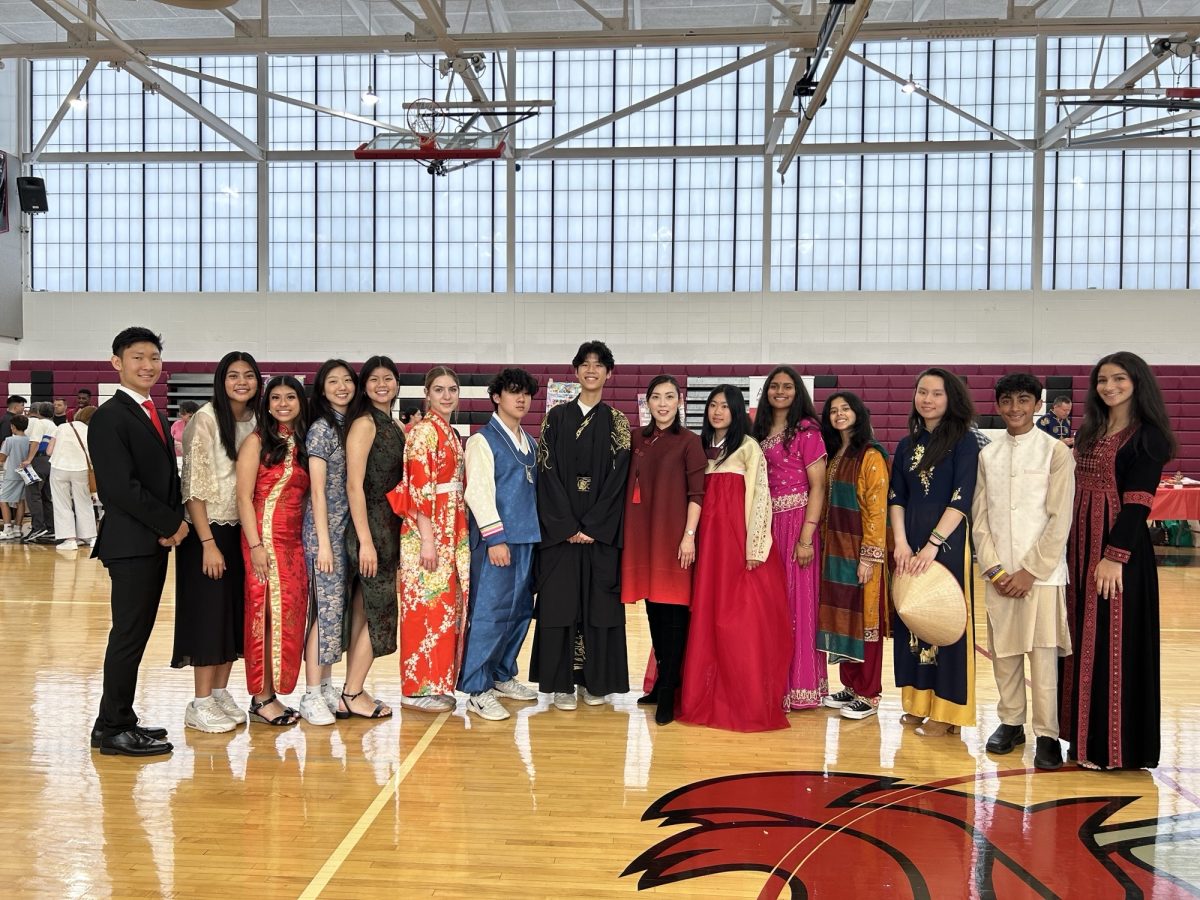In the past year, artificial intelligence (AI) progressed to previously unseen heights. Schools adjusted to make way for programs like ChatGPT. Some people worried that AI would take jobs, while others dreamed of the possibilities it could bring. The progress of AI will continue to flourish, and the technology is expected to make just as many, if not more, headlines in 2024.
Chatbots are set to expand beyond text by using photos, videos and other forms of media. The technology will continue to progress into robots, helping solve human problems, according to a Jan. 8 New York Times article.
AI will become more analytical and will use reasoning that is similar to how humans solve problems. Some scientists question whether chatbots are capable of solving problems on their own, or if they are just repeating behavior they observe. Companies like OpenAI are working to create chatbots that start to answer more complex questions. By becoming more analytical, chatbots can become “AI agents” and help people with online tasks and problems, according to the New York Times.
“The technology will get smarter, more useful,” Ahmad Al-Dahle, the head of the generative AI group at Meta, said in the New York Times. “It will do more things.”
The incredible progress with the technology, however, will also be accompanied by many issues.
It is easier to plagiarize information with the use of AI. The New York Times is suing OpenAI and Microsoft for using their articles to train chatbots. The New York Times is the first American media company to sue over copyright infringement with their written works, according to a Dec. 27 New York Times article.
On Jan. 8, OpenAI responded to the lawsuit, calling it “without merit.” Microsoft has not yet commented on the lawsuit. OpenAI said that the direct copying of articles that the New York Times accused them of was a bug. The lawsuit is continuing to go back and forth, with the New York Times alleging that OpenAI and Microsoft directly copied their articles and OpenAI claiming they only use materials that are free to use, according to a Jan. 8 CNN article.
“We also expect our users to act responsibly; intentionally manipulating our models to regurgitate is not an appropriate use of our technology and is against our terms of use,” OpenAI said in the CNN article.
In addition to this lawsuit, the Supreme Court is realizing the changes that AI may bring to the justice system. U.S. Supreme Court Chief Justice John Robert explained in a report that research may be quicker and cases will be resolved faster, but also noted various privacy concerns that AI brings, according to a Jan. 2 Reuters article.
Life, both in the judicial system and outside of it, is set to change with the progression of AI and technology. The world will continue to be impacted, as the possibilities of what can be done with technology are only beginning.
Photo Credit: “Open AI ChatGPT” by Focal Foto is licensed under (CC BY-NC 2.0 DEED).








